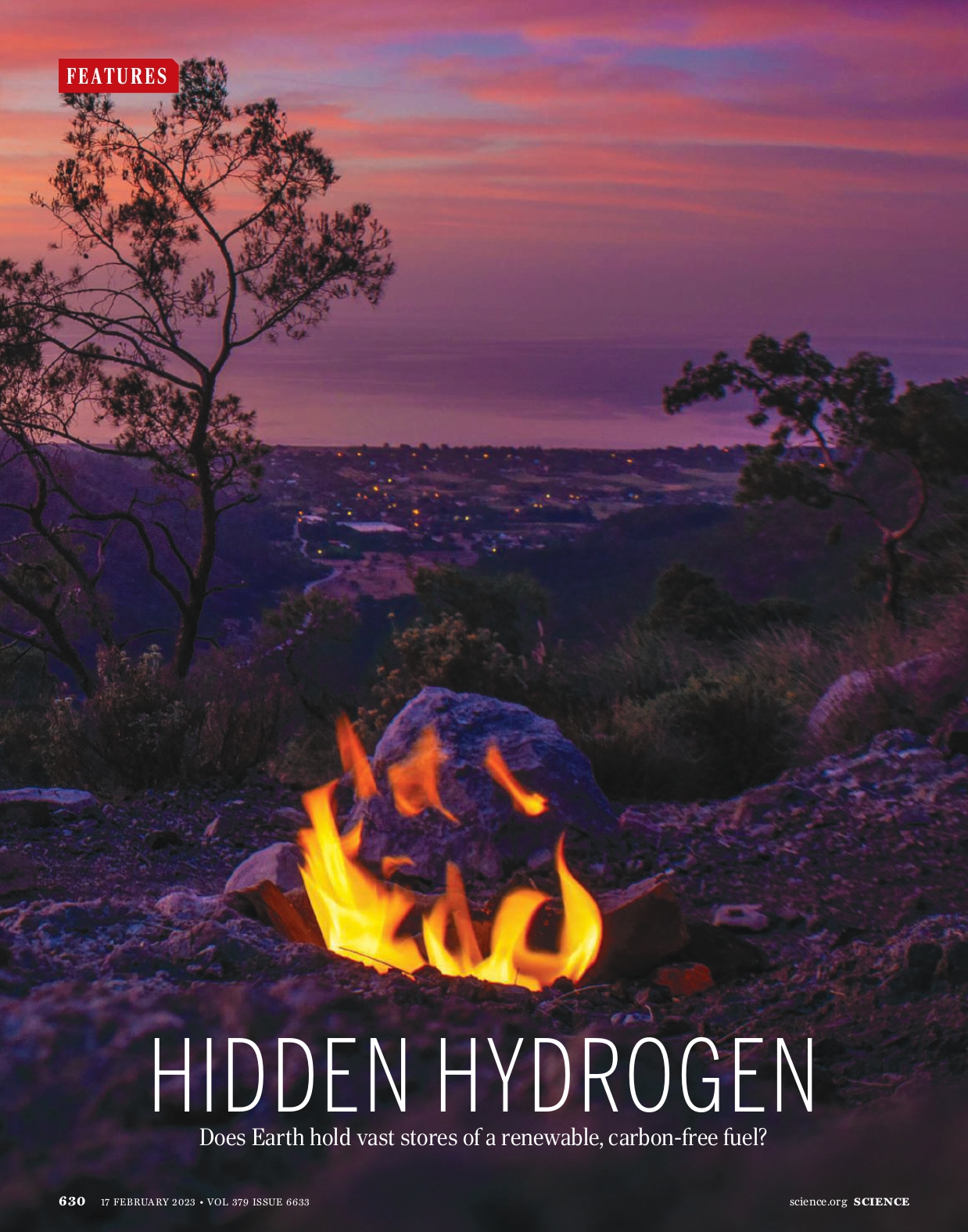Science: Natural hydrogen feature article, highlighting industry leaders including Helios Aragon
17th February 2023

Hidden Hydrogen: Does Earth hold vast stores of a renewable, carbon-free fuel?
Pumping hydrogen out of the ground should be much cheaper, which is why proponents sometimes call the natural stuff “gold.” Ian Munro, CEO of Helios Aragon, a startup pursuing hydrogen in the foothills of the Spanish Pyrenees, says his break-even costs might end up between 50 and 70 cents. “If it does work, it could revolutionize energy production,” he says. “There’s a big ‘if’ there. But you’re not going to get that with green hydrogen, right? To me, that’s a bottomless pit.”
In Spain, Munro is waiting for regulations to catch up. Like Gold Hydrogen, his company Helios Aragon was founded on old but promising data: a “show” of 25% [total gas] hydrogen [100%] in the Monzon-1 well, drilled in 1963 to a depth of 3.7 kilometers by the National Petroleum Company of Aragon. And like Titus, Munro believes he’s got an ideal site for hydrogen. In the core of the Pyrenees are iron-rich marine rocks, squeezed and lifted up when the Iberian Plate closed an ocean and rammed into France some 65 million years ago. Munro says deep faults channel hydrogen produced in those rocks up into a porous sandstone layer, which is capped by a tight shale.
Munro plans to drill an exploratory well in late 2024. “We believe we’ll be Europe’s first natural hydrogen well,” he says. But because his lease was awarded under Spain’s oil laws, and a 2021 climate law has since put a moratorium on new operations, he won’t be able to produce commercially until Spain carves out an exemption for hydrogen.
https://helios-aragon.com/Science-Magazine-gold-hydrogen.pdf